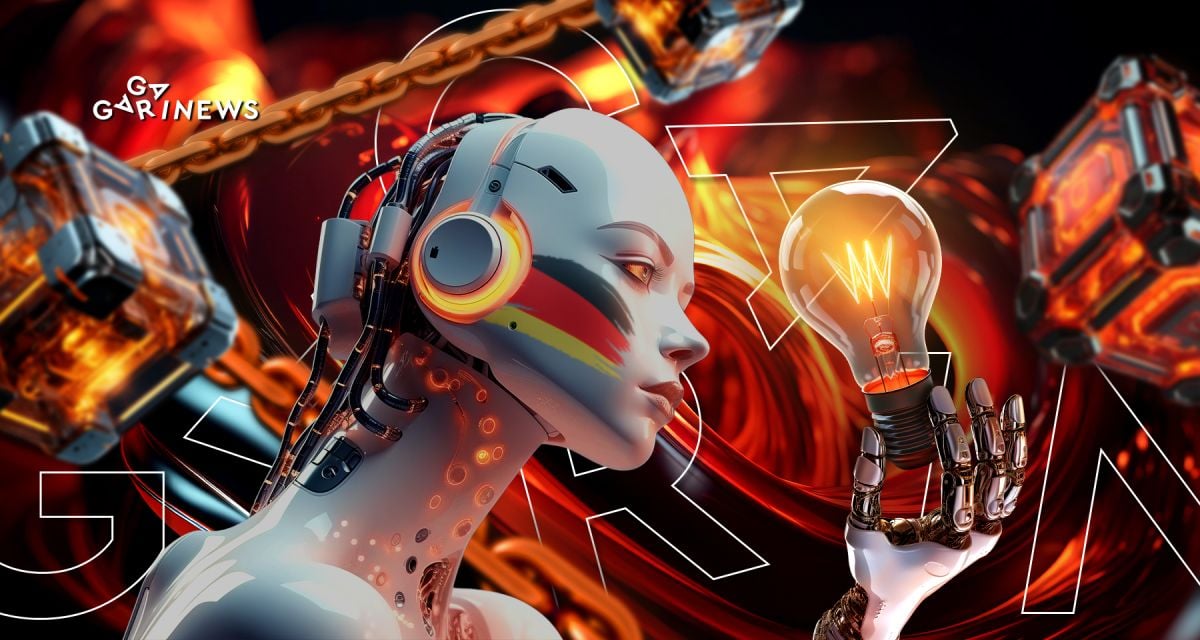Blockchain to Help Germany Reduce Dependence on Russian Resources

Germany is gearing up for a significant digital overhaul to advance its energy sector. With a noticeable gap in comprehensive digital solutions, the government sees blockchain as a potential remedy.
While Germany remains reliant on russian coal and gas, it allocated €256 billion in 2022 as a safety net to protect its citizens from rising energy expenses. This amount outstrips the combined funds secured by Italy, France, Bulgaria, and Malta. Indications suggest that comparable, if not greater, financial support will be necessary this year.
The government is steadfast in its intention to break free from this entangling cycle. Key figures within the energy industry believe that a sweeping modernization is pivotal. Germany has already rolled out ambitious plans, which include a full shift to renewable energy sources like solar, tidal, and wind power by 2050. This also encompasses a move towards electric transportation and the adoption of heat pumps.
The German Association of Energy and Water Industries (BDEW) asserts that this national IT project can't reach fruition without a significant digital overhaul. In this context, the role of blockchain is seen as essential to crafting a robust system rooted in natural energy. Moreover, with rising cyber threats, especially from entities in russia and North Korea, this technology is imperative for defending vital assets.
Recognizing its immense potential, both governmental entities and emerging startups are leaning heavily on tools like AI, digital twins, cloud computations, and distributed ledger technology. This has led to a surge in breakthrough solutions tailored for decentralized energy production and trading.
A case in point is the government's move in April 2023 to promote smart meters. The energy minister acknowledged that when it comes to rolling out smart meters in residential zones, Germany lags sorely behind global frontrunners. This hindrance is mainly due to the intricacies involved in data gathering. However, the introduction of blockchain and IoT can simplify this process exponentially. The utility of Internet of Things technology could potentially speed things up manifold.
At the moment, a comprehensive deployment of these technologies is slated to begin only by 2033. Such procrastination is untenable, given Germany's energy security needs and the erratic nature of its primary supplier, russia. To navigate these hurdles, a stronger political resolve is crucial for hastening the digitization wave in the energy realm.
As per expert projections, embedding blockchain and AI in the energy matrix can drastically trim expenses. This chiefly pertains to curtailing administrative burdens and ironing out legal gray areas in data collection and cloud-based solutions.

